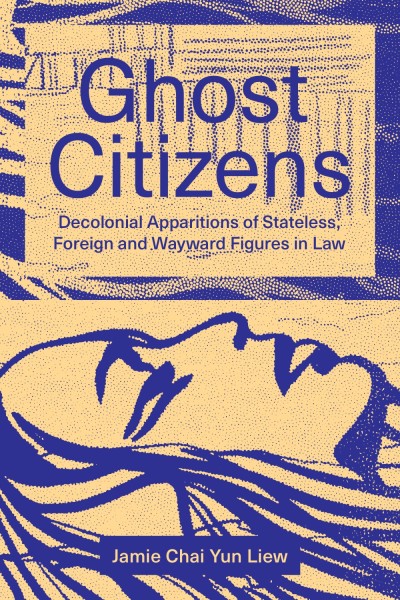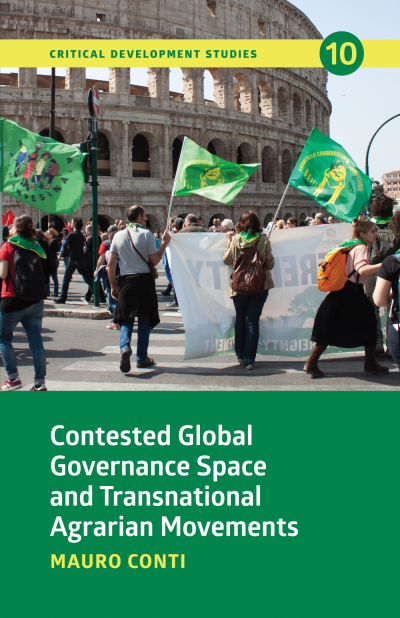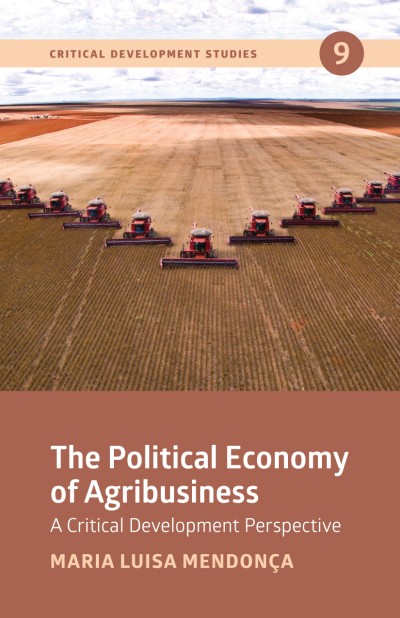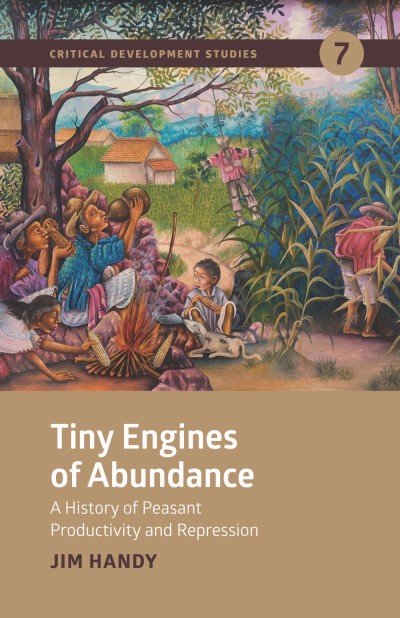
Political Dynamics of Transnational Agrarian Movements
“The prayers of those of us who have long hungered for a comprehensive, historically deep, learned and accessible account of international agrarian movements have finally been answered in full. We will long be in debt to Edelman and Borras for this exceptional and lasting contribution to agrarian scholarship.” - James C. Scott, founding Director, Yale University Agrarian Studies Program, author of The Art of Not Being Governed
About the book
Transnational agrarian movements (TAMs) are organizations, networks, coalitions and solidarity linkages of farmers, peasants, pastoralists and their allies that cross national boundaries and seek to influence national and global policies. Today’s TAMs have contributed to reframing a wide range of debates and practices in the fields of international development and agrarian and social movement studies, including sustainability and climate change, land rights and agrarian reform, food sovereignty, neoliberal economics and global trade rules, corporate control of seeds and technology, the human rights of peasants, and gender equity.
In Political Dynamics of Transnational Agrarian Movements, Marc Edelman and Saturnino M. Borras Jr. offer a state-of-the-art review of scholarship on transnational agrarian movements, a synthetic history of TAMs from the early twentieth century to the present, and an analytical guide to TAM research.
What people are saying
Sidney Tarrow, Cornell University, author of The New Transnational Activism“Edelman and Borras provide detailed information on a menu of transnational agrarian movements about which we know far too little and analyze their regional, class, and ideological composition, their relations with NGOs and international institutions, and how they took on global neoliberalism. No less important for a book that covers so much ground, it is a joy to read.“
Sofía Monsalve Suárez, FIAN International“For those of us who are passionate about building radical transnational agrarian movements (TAMs) it is crucial to have a clear sense of the spaces where TAMs already are or can emerge, to develop sharp and creative analyses of the problems TAMs face, and to be honest about TAMs’ limitations. This book offers a panoramic view of TAMs, mapping their dilemmas, strengths and promising paths, challenging our intuitions and encouraging us to think critically.”
Margaret Keck, Johns Hopkins University, co-author of Activists Beyond Borders“Edelman and Borras hone in on key questions involving diverse movement organizations, NGOs, donors, political arenas, representation claims, changing modalities of development assistance, and the multi-level, shifting arenas of peasant politics. This is a valuable contribution, and should be of interest to scholars and practitioners.”
James C. Scott, founding Director, Yale University Agrarian Studies Program, author of The Art of Not Being Governed“The prayers of those of us who have long hungered for a comprehensive, historically deep, learned and accessible account of international agrarian movements have finally been answered in full. We will long be in debt to Edelman and Borras for this exceptional and lasting contribution to agrarian scholarship.”
Contents
- Foreword
- A Word from ICCO
- Acknowledgements
- Introduction: A Framework for Understanding Transnational Agrarian Movements
- Transnational Agrarian Movements: Histories and Diversity
- Internally Differentiated TAMs: Competing Class, Identity and Ideological Interests
- Class, Identity and Ideological Differences between TAMs
- Linking the International, the National and the Local in TAMs
- “Not About Us Without Us”:TAMs, NGOs and Donor Agencies
- TAMs and Intergovernmental Institutions
- Challenges
- Index


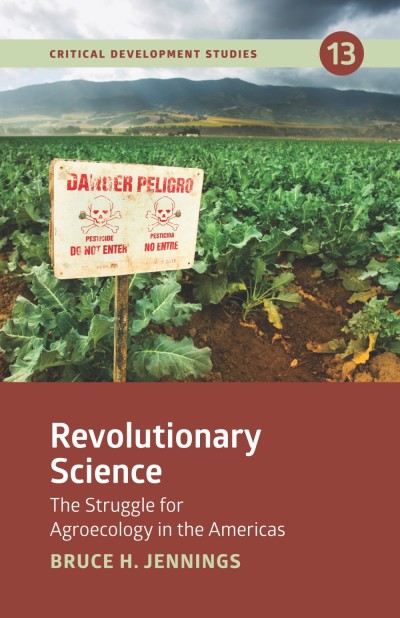
_cover-FINAL_400_618_90_s.jpg)
